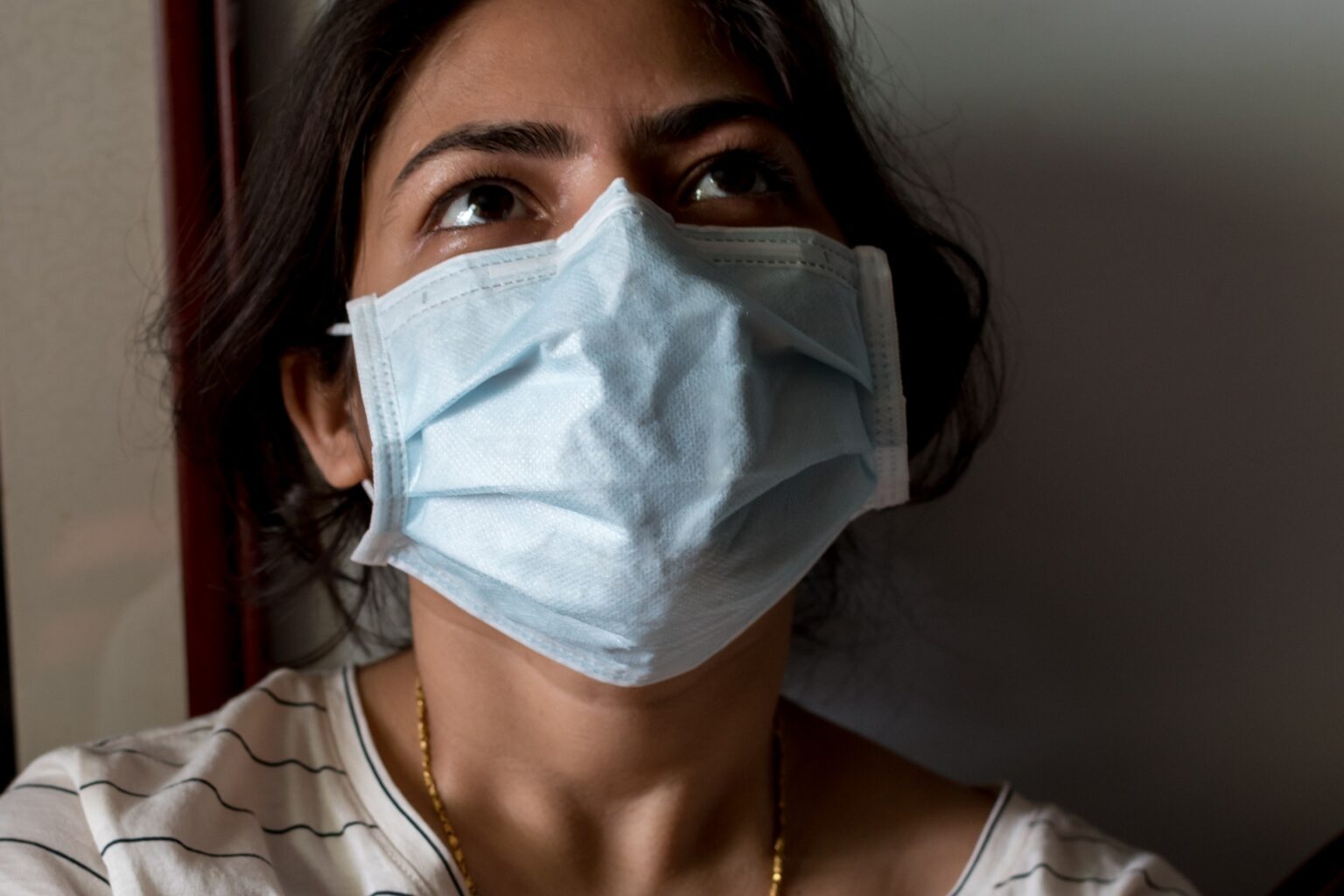The COVID-19 pandemic inflicted untold damage on the planet, both in terms of the millions of people who suffered as a result of the virus and family members and other loved ones who endured struggles and loss. We are starting to see some signs that we are making progress in our fight against this terrible illness, but that hardly means that all of the suffering relating to this situation is over. Healthcare professionals, researchers and experts are all starting to outwardly agree that we are now facing a growing mental health pandemic that needs urgent attention before it gets much, much worse.
SoCal Empowered is an inpatient Orange County mental health treatment provider, and we are already seeing the effects of the mental health pandemic. Below we’re going to discuss some statistics and probabilities that we all need to be aware of and prepared for as we move into a new phase of post-COVID-19 life.
Troubling Statistics
A recent article in Psychiatry Advisor delved into the troubling details that are part of the reason that people are starting to openly discuss the mental health pandemic. The Merriam-Webster Dictionary defines a pandemic as follows:
[An] outbreak of a disease that occurs over a wide geographic area (such as multiple countries or continents) and typically affects a significant proportion of the population.
Given this definition and the statistics that follow from the article, it seems quite clear that the mental health pandemic is real. For instance:
- Depression currently affects more than 17 million Americans alone.
- Depression rates have tripled as a result of COVID-19.
- Depression and/or anxiety rates increased by more than 53 percent.
- 13 percent of adults have turned to substances to deal with the COVID-19 pandemic.
- PTSD symptoms are increasing in prevalence, particularly among frontline healthcare workers.
The Mental Health Pandemic – What It All Means
Mental health encompasses many different disorders and problems, with depression being only one of them. Therefore, if only one mental health disorder affects half the number of people in the United States who were diagnosed with COVID-19, it’s quite safe to say that when including all of the other conditions that can arise, the current mental health pandemic is at least equal in reach and scope as COVID-19 ever was.
Looking at another source of data reveals just how bad things may have gotten over the past year for millions of people in the United States. According to KFF.org, the following statistics show once again that a mental health pandemic is in the offing:
- Between April 28 and May 10, 2021, more than 30 percent of American adults reported symptoms of anxiety and/or depressive disorder.
- That’s nearly triple the 11 percent of people who reported the same symptoms one year earlier.
- Nearly 25 percent of adults experiencing these symptoms reported needing but not receiving mental health help.
What’s perhaps most troubling with regards to these statistics was that even before COVID-19 and all of the corresponding shutdowns, shelter-in-place orders, quarantines and general feeling among the pubic that they needed to stay home to avoid the virus, more than one third of American adults reported needing but not receiving mental health treatment in 2018 and 2019. That number is likely much, much higher right now.
What Else Is Out There?
On top of all of this data is the very real consideration that an enormous amount of people who may need mental health treatment are not getting it in the first place, even aside from those who may realize they need help. According to Healthline.com, experts estimate that as many as 75 percent of people who have treatable mental illness do not obtain the help that would likely benefit them and their families.
The reason? According to a study from Cambridge University cited in the Healthline.com article, the stigma associated with mental illness is what’s preventing far too many people from getting better and learning to manage their conditions. The study specifically states that nearly 25 percent of people who do not seek mental health help cite disclosure concerns as the reason they don’t move forward with help.
Mental Health Disease Is a Medical Condition
We’ve discussed before in detail how mental health challenges are a disease and not “a temporary problem” or “a case of the blues” as they have commonly been described in years past. The fact that these are mental and not necessarily physical ailments does not mean that they don’t require treatment, that they can’t be helped with treatment or that people should be ashamed of having to deal with these extremely difficult challenges.
People who experience symptoms of pneumonia or arthritis seek treatment when possible because they do not feel embarrassed to be suffering from these conditions. People also tend to know that not getting treated will likely only make matters worse overall. The same holds true for mental health problems. Those who are depressed or anxious or manic will only continue to experience these troubles indefinitely, and perhaps more intensely, if they do not receive help.
How SoCal Empowered Can Help
As mentioned above, SoCal Empowered is an Orange County mental health treatment facility that works with people on an inpatient basis. We make it our collective mission to help people understand that they are not weak, that they should not feel shame or embarrassment and that they are suffering from a disease that needs professional intervention.
If this includes you or someone you love, it’s time to take action before this mental health pandemic gets even worse. All you need to do is contact us, and one of our professional staff members will help you decide how to proceed. If the situation requires intervention, we will even discuss the details with your insurance company so that you know what you’re getting into before making any commitments.
Please reach out to us today if you’re struggling. We’re here to help and to provide you with a pathway to a happier, healthier life.




